Amazing recovery
Not collapsing as many warned in early 2022, the Russian economy under President Vladimir Putin is assessed to have grown impressively in the context of being subject to sanctions from the West.
According to the World Bank (WB), the Russian economy grew significantly better than expected in 2023 with 3.6%. This organization forecasts that Russia's GDP is expected to increase by 2.9% in 2024 and 1.4% in 2025. In the first quarter of 2024, according to Mr. Putin, the Russian economy grew by 5.4%.
These are impressive figures compared to the growth rates of many major economies in the world. According to the World Bank, the US recorded a growth rate of 2.5% in 2023, and is expected to grow by 2.7% in 2024. The UK will grow by 0.5%, while Germany and France are forecast to grow by 0.2% and 0.7%, respectively.
The Russian economy has shown “remarkable resilience” despite unprecedented Western sanctions imposed on Russia over the past two years, the Guardian reported, adding that Russia has continued to receive the goods it needs from the West through intermediaries, thereby maintaining its production.
It can be seen that recently, the Russian economy has had very positive changes with crude oil revenue tending to increase and the ruble also becoming more stable.
At the St. Petersburg International Economic Forum on June 7, Russian President Vladimir Putin said that nearly 40 percent of Russia’s trade turnover is now conducted in rubles, up from about 30 percent a year earlier and higher than the 15 percent before the Ukraine conflict.
Russia has recently increased the share of payments in currencies of the BRICS group of leading emerging economies. From the beginning of 2024, the BRICS group will admit five new members: Egypt, Ethiopia, Iran, Saudi Arabia and the United Arab Emirates (UAE), in addition to the existing members: Brazil, Russia, India, China and South Africa.
The BRICS group accounts for 32% of the world's GDP, surpassing the G7. There are currently about 40 other countries interested in joining BRICS, including Bahrain, Belarus, Cuba, Kazakhstan, Pakistan, Senegal and Venezuela...
According to IntelliNews, in August 2023, Russia surpassed Germany to become the world's 5th largest economy and recently, the World Bank on May 30 updated data on purchasing power parity indexes, stating that Russia has surpassed Japan to become the world's 4th largest economy. The German economy has stagnated in recent years due to the impact of the energy crisis.
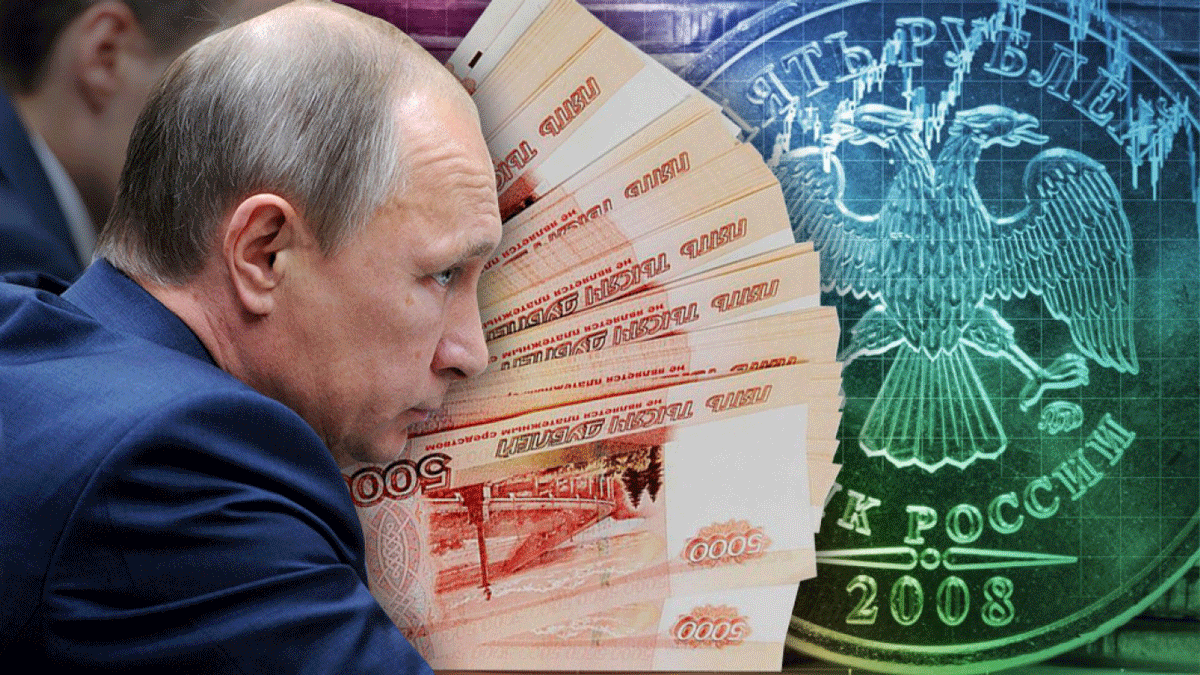
In fact, according to Intellinews, after the World Bank revised its calculations in early June, Russia is considered to have surpassed Japan in 2021 in terms of purchasing power parity (PPP) since then. Russia's GDP as of 2021 is 5,700 billion USD.
The reason why the Russian economy did not collapse as predicted but still recovered impressively is because energy exports were maintained and grew well. The Russian economy has adapted better than many people predicted. In 2024, GDP growth will come from basic sectors such as manufacturing, construction, logistics, agriculture , etc., while 60% will come from supporting sectors such as trade, hotels and financial services.
Russia will rise stronger
During the inauguration ceremony for his fifth term held at the Kremlin on May 7, Russian President Putin declared that Russia would emerge "stronger" after a difficult period. The new term will last for 6 years.
Last week, the West said it would use interest from more than $300 billion of frozen Russian funds as collateral to raise $50 billion for Ukraine.
The blockade of more than 300 billion USD is considered difficult for Russia to develop its economy and stabilize the financial market. However, the Russian economy still has a huge resource coming from the most important commodity: oil and gas.
In the first five months of 2024, Russia recorded a 73.5% increase in oil and gas revenue compared to the same period last year, reaching 4.95 trillion rubles (equivalent to nearly 56 billion USD). Revenue from this segment increased sharply due to high oil prices and Russia's shift of oil and gas customers from the EU to Asia, especially India and China.
Crude oil prices have recently rebounded sharply. On June 17, oil prices extended last week's gains, rising 2.4% to above $80 a barrel. Brent crude rose 2% to $84.3 a barrel. China's economy is forecast to grow 4.8% in 2023, contributing to higher oil consumption.
Previously, Russia reduced its oil export price estimate from $70/barrel to $65/barrel in 2024-2027.
This is considered a conservative forecast, because Russia's oil and gas revenue from the beginning of 2024 until now has increased sharply as the country overcame sanctions to sell crude oil and refined products at high prices.
It can be seen that in his 25 years of leading Russia (since his first election in 2000), in the early stages, Mr. Putin had good relations with Western leaders, meeting with US President George W. Bush in 2001, or visiting Queen Elizabeth II in the UK in 2003. From the second half of his third term, tensions with the West increased after the Crimea incident in 2014 and the "special military operation" in Ukraine in February 2022.
Overall, after nearly 25 years of leadership, Mr. Putin has brought Russia out of a difficult situation, changing in all aspects. Russia's share in the global economy increased from 2% to about 4%. Mr. Putin was elected President of Russia for the 5th term with a record high number of votes in the context of stable economic growth.
However, Russia still faces many challenges with tens of thousands of sanctions, mainly in the economic field. The ruble has been falling for many periods. Other challenges for the Russian economy are the shortage of human resources in the labor market, high inflation...
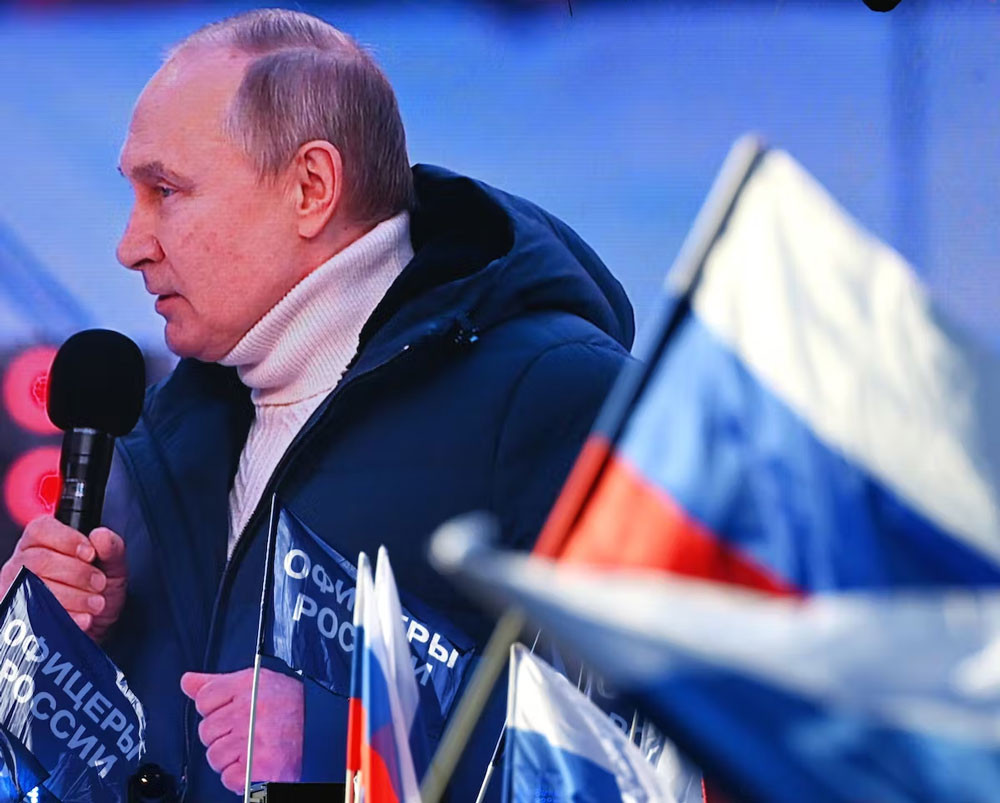
Source: https://vietnamnet.vn/kinh-te-nga-thoi-tong-thong-putin-tang-truong-kinh-ngac-dau-khi-boi-thu-2292623.html



![[Photo] Party and State leaders attend the special art program "You are Ho Chi Minh"](https://vphoto.vietnam.vn/thumb/1200x675/vietnam/resource/IMAGE/2025/5/18/6895913f94fd4c51aa4564ab14c3f250)
![[Photo] Many young people patiently lined up under the hot sun to receive a special supplement from Nhan Dan Newspaper.](https://vphoto.vietnam.vn/thumb/1200x675/vietnam/resource/IMAGE/2025/5/18/6f19d322f9364f0ebb6fbfe9377842d3)


![[Photo] Ready for the top competitions of Vietnamese table tennis](https://vphoto.vietnam.vn/thumb/1200x675/vietnam/resource/IMAGE/2025/5/18/9c547c497c5a4ade8f98c8e7d44f5a41)






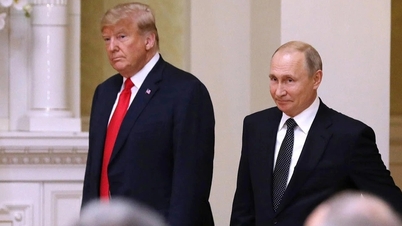

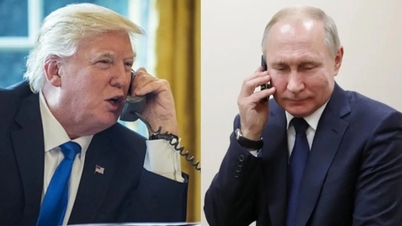




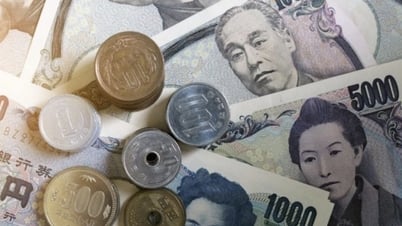
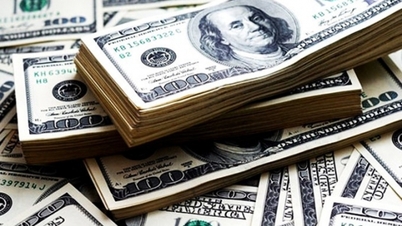
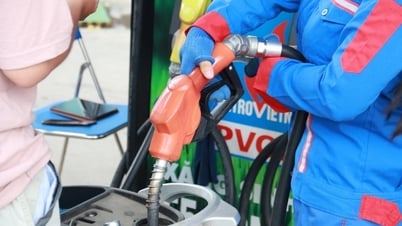






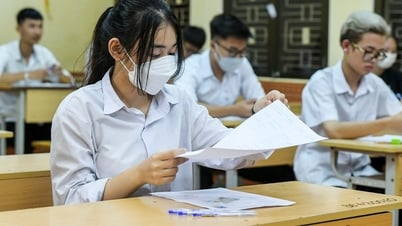
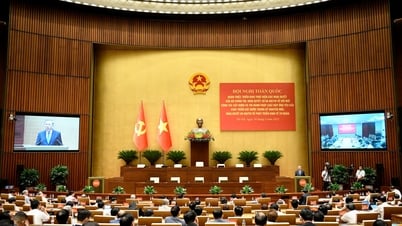


































































Comment (0)